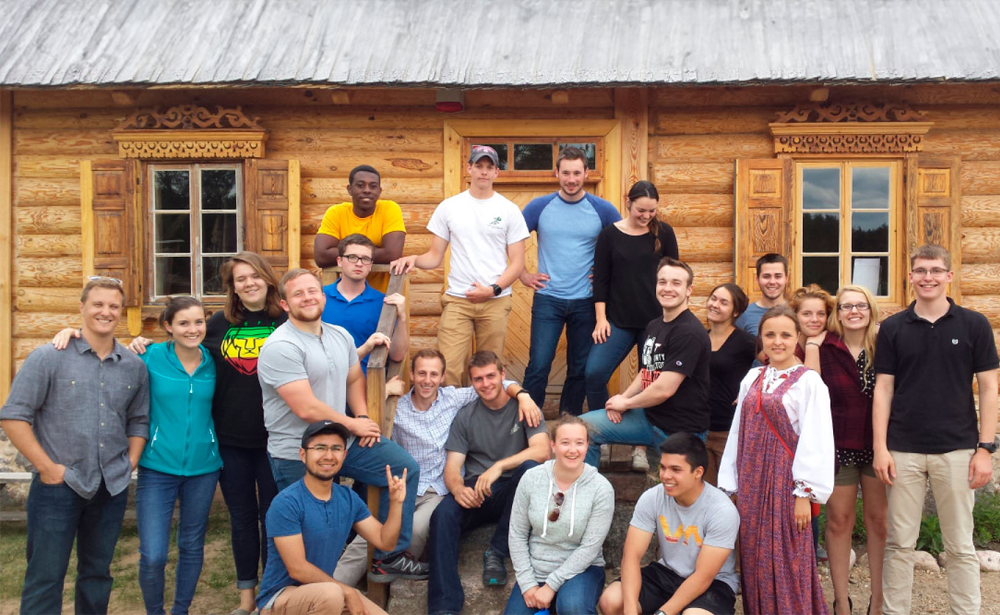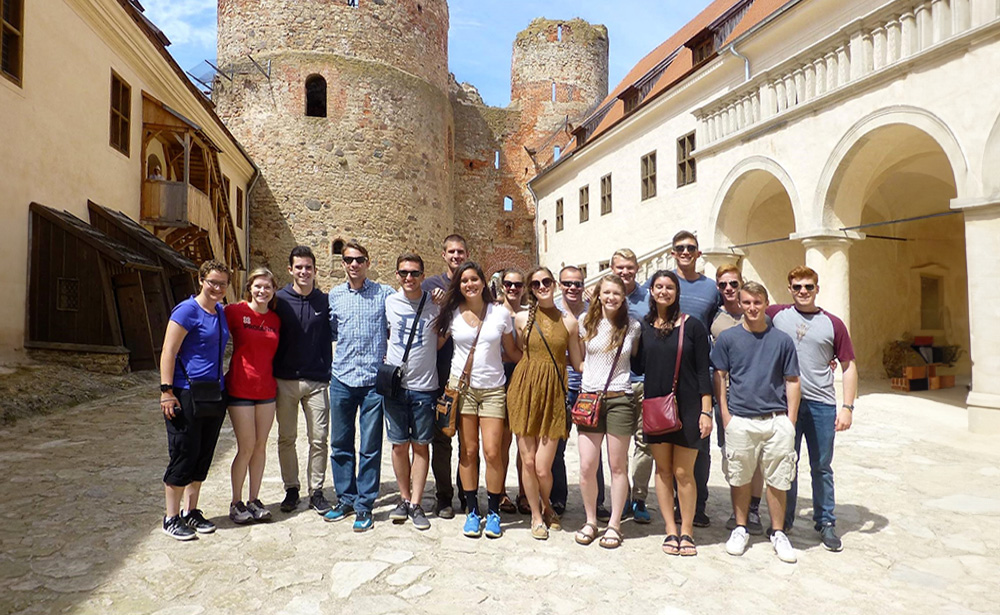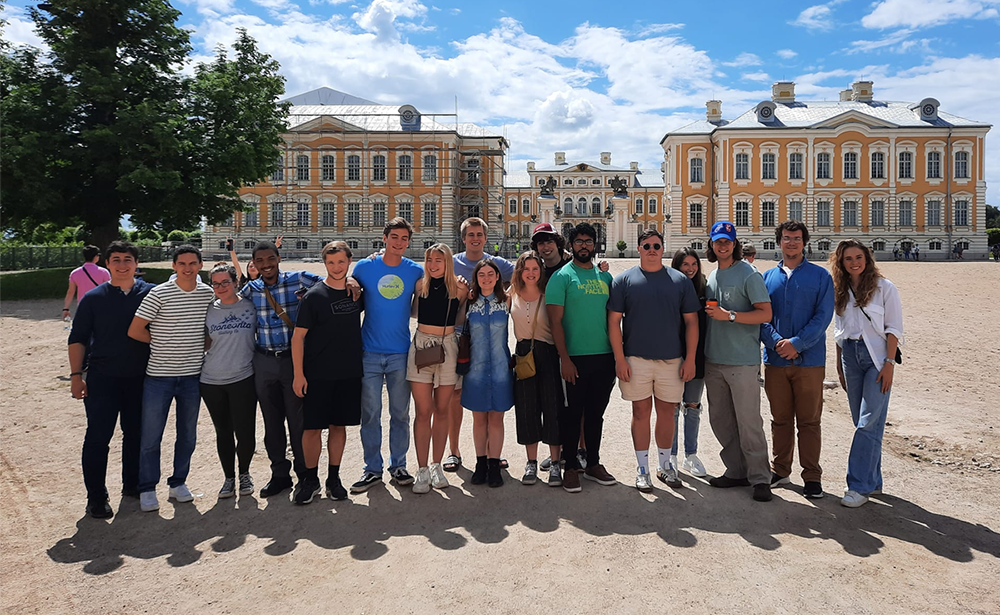Глаголы движения в русском языке

В русском языке, так же как и в других языках глаголы движения играют очень важную роль. Эта группа слов необходима для того, чтобы описать что вы делаете или будете делать. Мы подготовили для вас большое количество примеров, которые помогут в изучении русского языка.
Глаголы движения и примеры их употребления
- Ходить/Идти [ho-dyit’/id-tea] to go by foot
Я часто хожу в кино.
[Ya chas-to ho-zhu v kino] I often go to the cinema
- Ездить/Ехать [yez-dyit’/ye-hat’] to go by transport (drive, train, bus)
Он ездит на работу на машине.
[On yez-dyit na ra-bo-tu na ma-shin-ye] He goes to work by car.
- Бегать/бежать [be-gat’/ bezhat’] to run
Я должен бежать.
[Ya dol-zhen be-zhat’] I must run.

- Бродить/Брести [bro-dyit’/bre-styi] to stroll
Он бродил по пляжу.
[On bro-dyil po plya-zhu] He strolled along the beach.
- Лазить/Лезть [la-zyit’/lye-zt’] to climb
Дети любят лазить по деревьям.
[De-tyi lyu-byat la-zyit’ po de-rev-yam] Children love climbing trees.
- Летать/Лететь [lye-tat’/lye-tet’] to fly
Как летит время!
[Kas lye-tyit vrye-mya] How time flies!

- Плавать/Плыть [pla-vat’/plyit’] to swim, to sail
Он совсем не умеет плавать.
[On sov-syem nye u-me-yet pla-vat’] He cannot swim a stroke.
- Ползать/Ползти [pol-zat’/pol-ztyi] to crawl
Ребенок ползал по полу.
[Re-byo-nok po-lzhal po polu] The baby was crawling on the floor.
- Возить/Везти [vo-zyit’/ve-ztyi] to transport, to carry (by vehicle)
Этот мотоцикл вез меня.
[Etot moto-tsikl vez me-nya] This motorcycle has carried me.
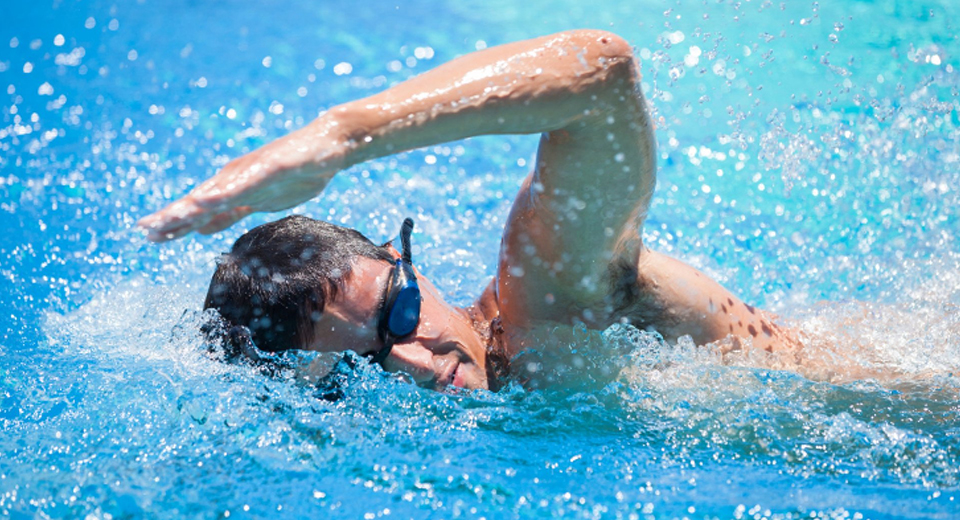
- Носить/Нести [no-syit’/ne-styi] – to carry, to wear
Я никогда не ношу галстук.
[Ya nye-kog-da nye no-shu gal-stuk] I never wear a tie.
- Водить/Вести [vo-dyit’/ve-styi] to lead, to accompany, to drive (a car)
Мой отец водит такси.
[Moy ot-yets vo-dyit taksi] My father drives a taxi.

Также в русском языке вместе с глаголами движения могут использоваться приставки, такие как:
- в -in (входить/войти – to go in, to enter)
- вы -out (выходить/выйти – to go out, to leave, to exit)
- до – as far as, reach (доходить/дойти – to get to, to get as far as, to reach)
- за– drop in, stop by (заходить/зайти – to drop in, to stop by)
- об – around (обходить/обойти – to walk around, to bypass)
- от– away (отходить/отойти – to walk away)
- пере – across (переходить/перейти – to go across, to turn)
- под– approach (подходить/подойти – to approach)
- при– arrival (приходить/прийти – to arrive, to come)
- про– through, pass (проходить/пройти – to go by, to go past)
- с – down from (сходить/сойти – to go down, decend)
- у– from (уходить/уйти – to go from, to leave, depart)
Глаголы движения – это довольно сложная тема в русской грамматике. Надеемся, что мы помогли вам разобраться с некоторыми примерами. Также непременно следите за обновлениями блога и не упускайте другие важные уроки!
You may be interested
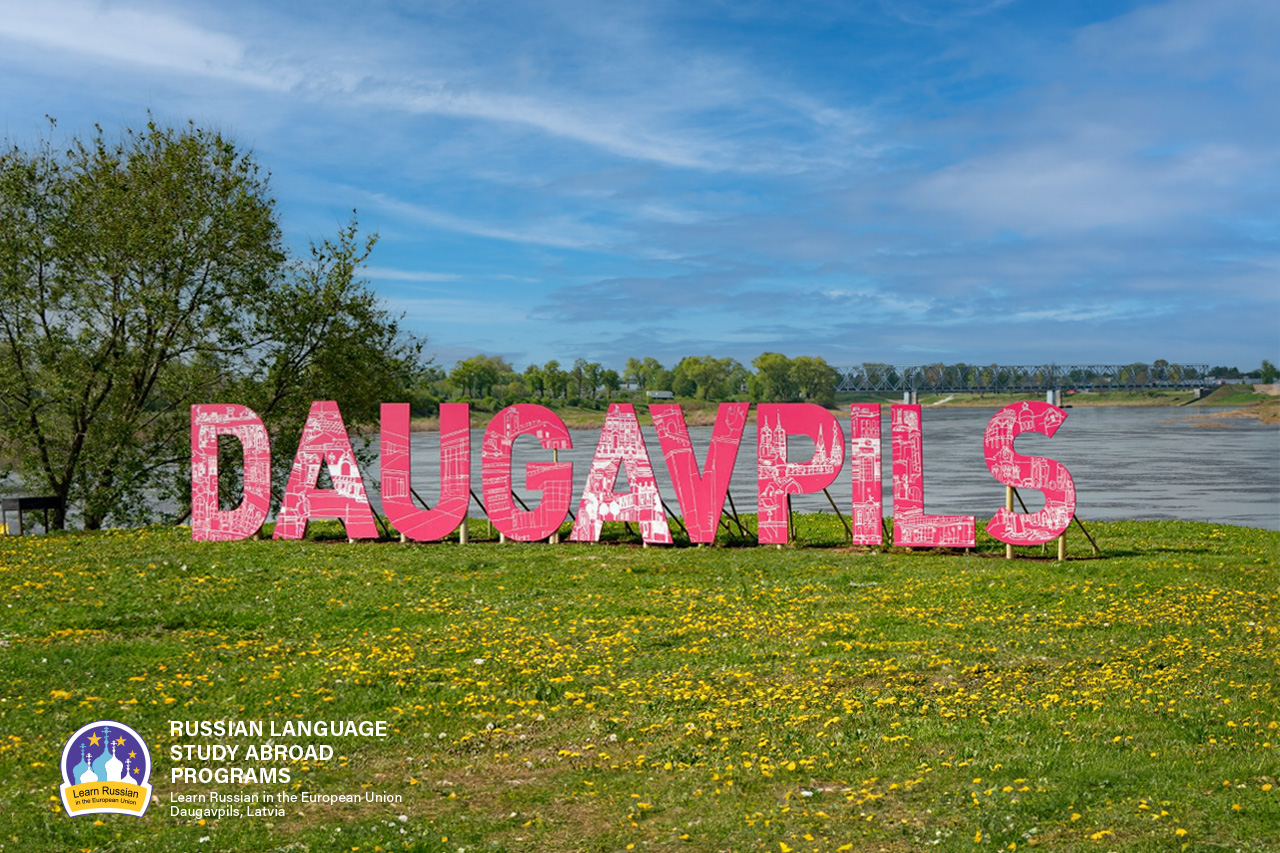
Why do people speak Russian in Daugavpils?
As it seems to us, Daugavpils is the best place to learn Russian now, because our city is situated in the EU and NATO, but at the same time 90% of the city’s population speak Russian at home.
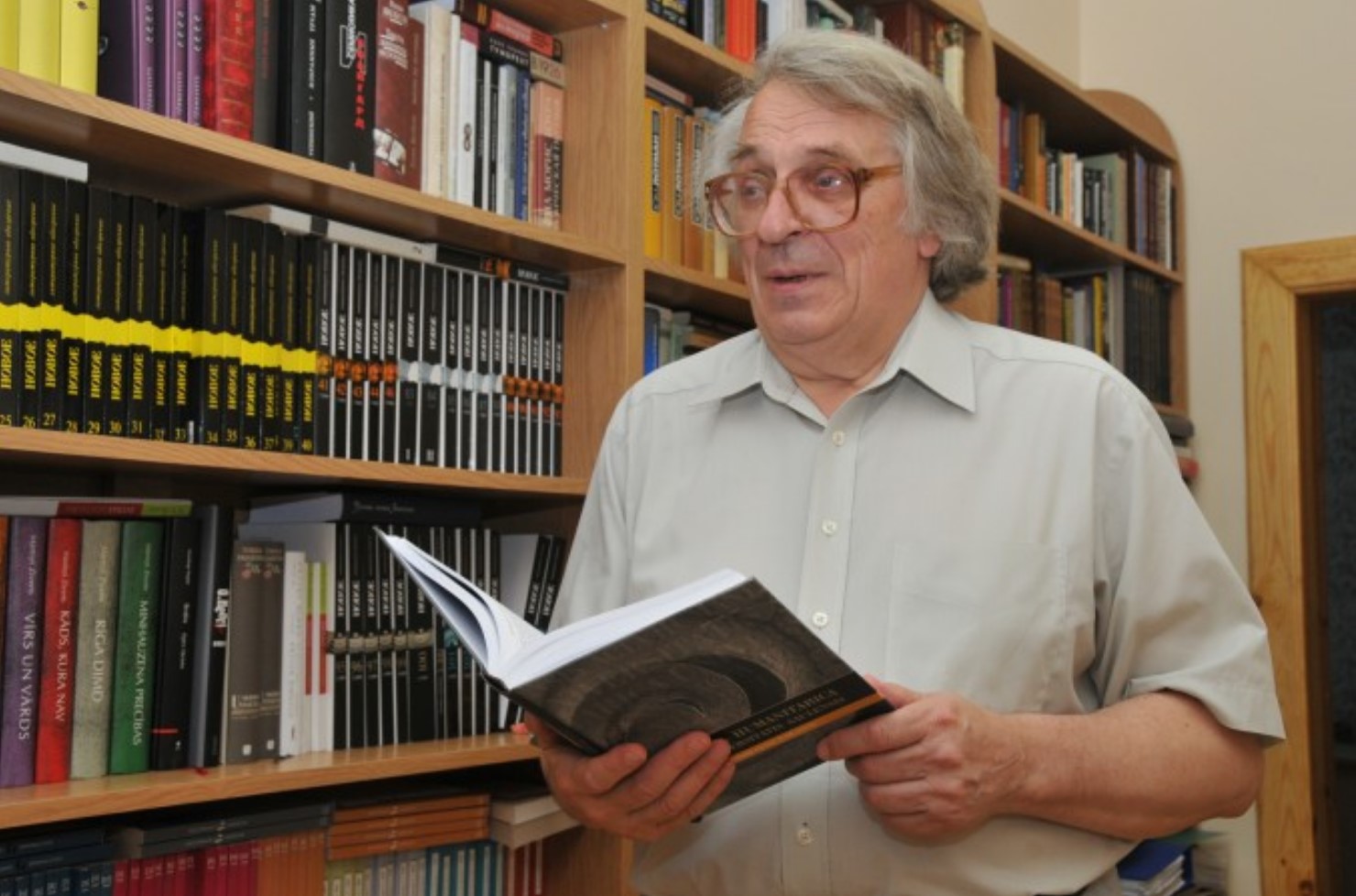
ЭТЮД О ДВИНСКЕ
Etude on Dvinsk by F.Fedorov
The Baltic region is one of the most catastrophe prone regions of the 2nd millennium, especially its second part; it is the centre of attraction of ‘geopolitical’ interests of the European world. Probably the most tragic fate has befallen to the eastern part of the present Latvia and its multi-titled town of Dinaburg – Dvinsk – Daugavpils. During its 730 years long history, the town went through five rather autonomous periods of development, five different lives (German, Polish, Russian, Latvian, Soviet), and at the beginning of the 1990s it entered into the 6th period.
The history of Dinaburg – Dvinsk – Daugavpils is the history of five attempts by the town to begin its life anew; and this is determined not only by the fact that the town was four times burned down and had to start life from scratch, but first and foremost because each of these periods was characterized by a total change of ethnos and the socio-cultural field.
The present article deals with the cultural space of the town in one of the most efficient periods of its development – from the 1860s till World War I.






